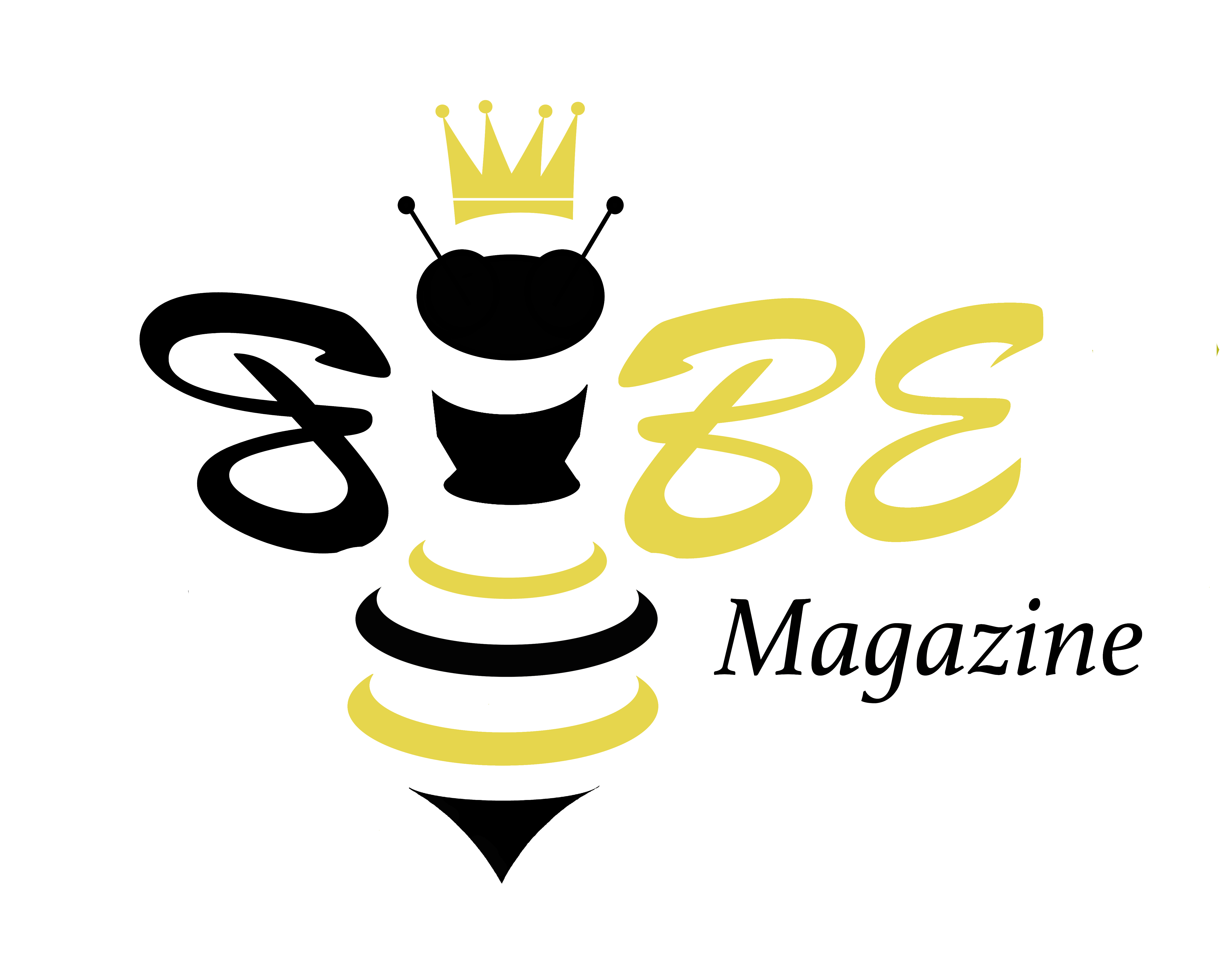Queer: everyone has an opinion on the word, and that’s okay as long as it’s your word.
Some people associate it with violence and abuse, with cruelty and insults and a reminder that they will never belong.
Some people associate it with freedom and independence, with clarity and ease, and the knowledge that there will always be a place for them.
These two groups of people spend a lot of time arguing. A lot. I’m a big fan of healthy debate – it’s important to share information and experiences and to revise and update your beliefs and opinions to reflect the knowledge you’ve gained, but in many cases, these arguments fall short of both “healthy” and “debate.” Both sides have many strong points, but they fail to recognize a fairly central one: in an argument about identity, you can only argue for your own. If I want to refer to myself and my community as queer, you don’t have the authority to stop me; if you don’t want to refer to yourself and your community as queer, I don’t have the authority to make you.
Queer means different things to different people today, just as it has meant different things to different people historically. Some people may choose not to use the word because they have had traumatic experiences with it, and that’s fine. Some people may choose to use it despite having had traumatic experiences with it, and that’s fine, too. Someone may ask others not to use it to describe them in particular, and that’s their right. Someone may specifically and exclusively use it to describe themselves, and – you guessed it – that’s their right as well!
Everyone has a different relationship with the word, ranging from strongly positive to strongly negative, but no one’s experience gives them the authority to tell anyone else that they should or should not use it.
Personally, I use queer to describe myself because it’s the best descriptor I’ve found so far. I need both hands to count the ways that my identity differs from that of a cisgender heterosexual person’s, and I normally don’t feel like listing them all out every time I have a conversation about myself. More importantly, I prefer queer because rather than denoting a single identity, I feel that it encapsulates the experience of simply being different, and how it has shaped me, and others like me.
It speaks to the time and effort poured into figuring out who I am in ways that cishet people never have to worry about because they’re already living in a world that was built for them.
It recalls a childhood of never being able to relate to songs on the radio or to characters in books and movies and TV shows because straight and cis are treated like the only options but even before I knew the words, I knew they weren’t written for me.
It’s a name for the tension between being honest and staying safe, between lying to friends and family and being treated like a human, between ruthlessly pushing part of yourself down 24/7 and actually finding a place in an intolerant world.
To me, queer is the only word that describes that invisible difference, that history of self-discovery and that constant internal debate, that knowledge that you can walk down the street without a single person seeing you as you really are.
To be queer is to stand at the crossroads of several identities, knowing that very few people have ever stood exactly where you are and trying to figure out how you’re meant to feel about that. Should you be frustrated at being forced out onto a path you have no idea how to navigate, or should you be excited for the opportunity to explore who you are? Should you skirt the shadows to avoid worst-case scenarios, or should you step into the light, recognizing what privileges you do have and using them to stand up for others? Should you pause to seek wisdom and advice before you start, or should you commit yourself to the journey and embrace what mistakes you make along the way?
That’s not to say that people who use different words to describe themselves don’t have to face those choices and uncertainties, but as someone whose experiences aren’t just tied to being L, G, B, or T, but also to identities that aren’t included in those four letters, and to the ways in which all of those identities intersect with (and sometimes even contradict) one another, it’s the only word that describes me.
And that right there is the crux of the matter: what queer means to me doesn’t have to match what it means to you. Your relationship with the word can be completely different from mine, or maybe even nonexistent (looking at you, my cishet friends), and that’s okay!
So, go forth, discuss and debate the word to your heart’s content, but do not assume that your experiences are everyone’s experiences, and do not presume to dictate how others are allowed to define themselves.
Love it or hate it, reject or embrace it, but remember that it belongs to the people who use it; if you’re not one of them, then sit down.
-Anna Burns

